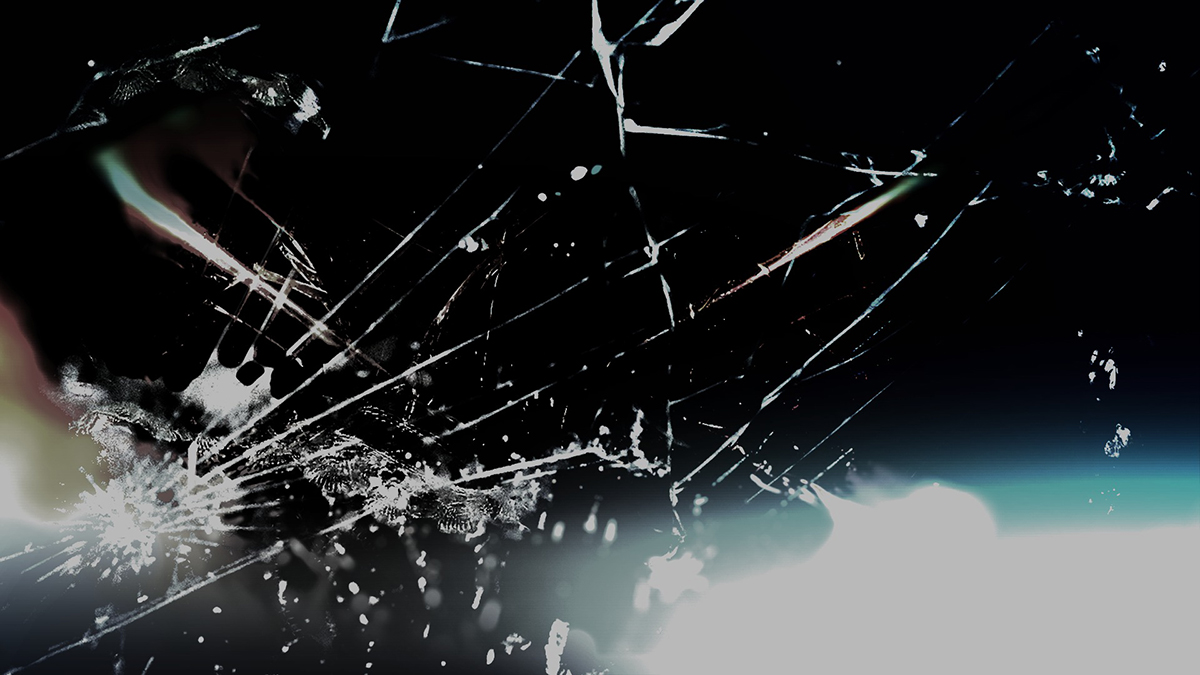While the new CDC guidance on masking is liberating for some, the public needs to remember not everyone is supposed to toss the masks when they’re indoors.
But, if the last year has been any guide, not everyone is going to get that message.
To mask or not has been a source of conflict on display everywhere from your local Publix -- where one man screamed masks violated his constitutional rights -- to the Czech parliament, where a speaker was attacked by a maskless colleague, to 30,000 feet in the air, where numerous unruly airline passengers have refused to wear masks.
When some hear CDC director Dr. Rochelle Walensky say this -- "We’ve empowered the American people to make their own decisions about their own health" -- they should not skip over the details.
Get South Florida local news, weather forecasts and entertainment stories to your inbox. Sign up for NBC South Florida newsletters.
The guidance to shed masks even indoors applies only to those fully vaccinated.
And even they should still mask up in healthcare settings, on planes and other public transportation, and in businesses which mandate them.
But Alina Gastesi-de Armas, a licensed mental health counselor in Weston, said the nuances may be lost on some who think "we’re free. I think they're tired. I think they’re tired of all the restrictions."
Local
For some, she said, nerves and trust have frayed.
"I feel like the world is depressed. What used to give us joy has been really ripped from us very quickly," she said, noting that might explain why some freak out over masks.
"As a result of that, there’s aggression that comes with depression," she said. "People are angry and they’re intolerant of others. So once we get our joy back our tolerance should come back as well."
For medical doctors, joy comes in a vial of vaccine.
Yet in Miami-Dade County, for example, 55 percent of residents between 25 and 44 years old still have not one shot of vaccine.
And the could be a big problem, said Dr. Aileen Marty, FIU epidemiologist. "If the unvaccinated people hang out in ways that allow for high viral transmission there is going to be more viral transmission," and therefore illness and death.
For the unvaccinated, she said, a serious risk remains.
"This is really a virus to avoid if you can avoid it," Marty said. "Somewhere upwards of 50 percent to 70 percent of people who’ve had COVID have some kind of neuro-psychiatric problems that continue long afterward."
The medical professionals' advice: get a shot before losing the mask and if you see someone else wearing a mask, Gastesi-de Armas said, let it be.
"Do what you feel is okay for you and try not to judge others for what they're doing. Let them feel safe for what they're doing."



